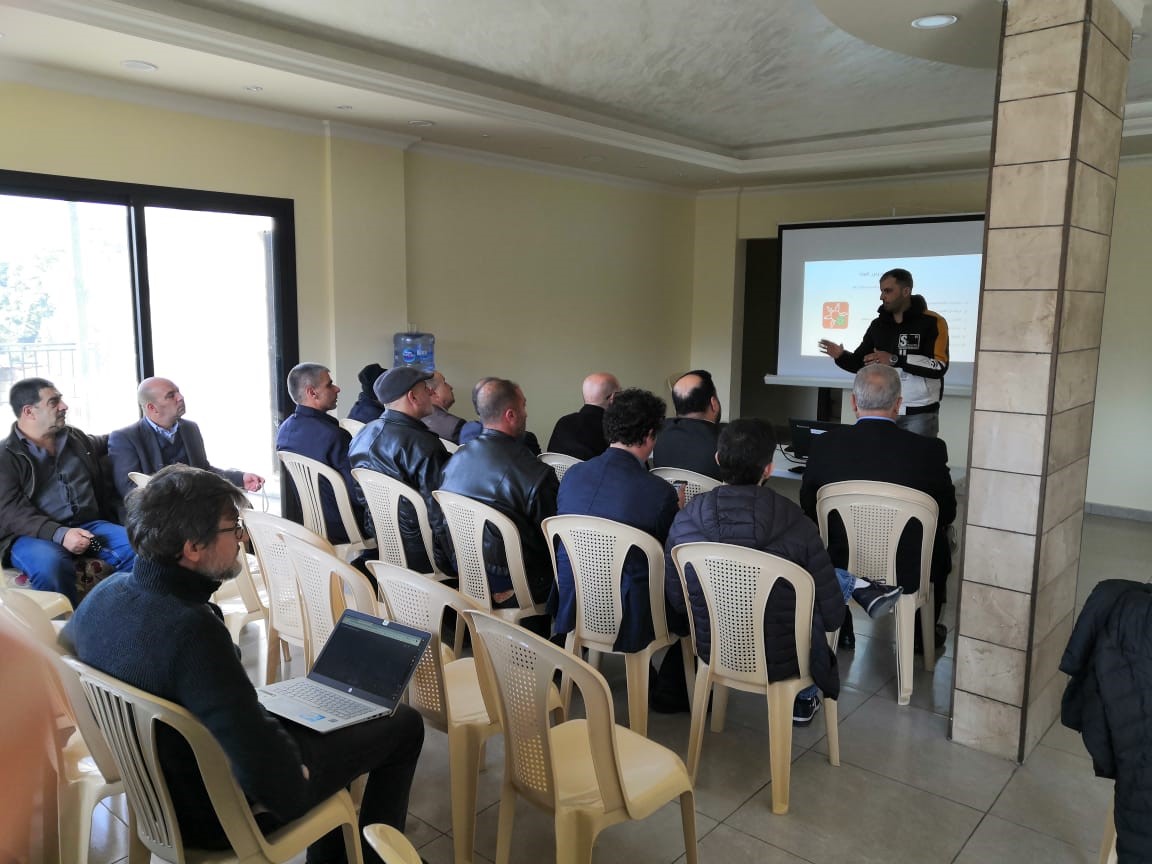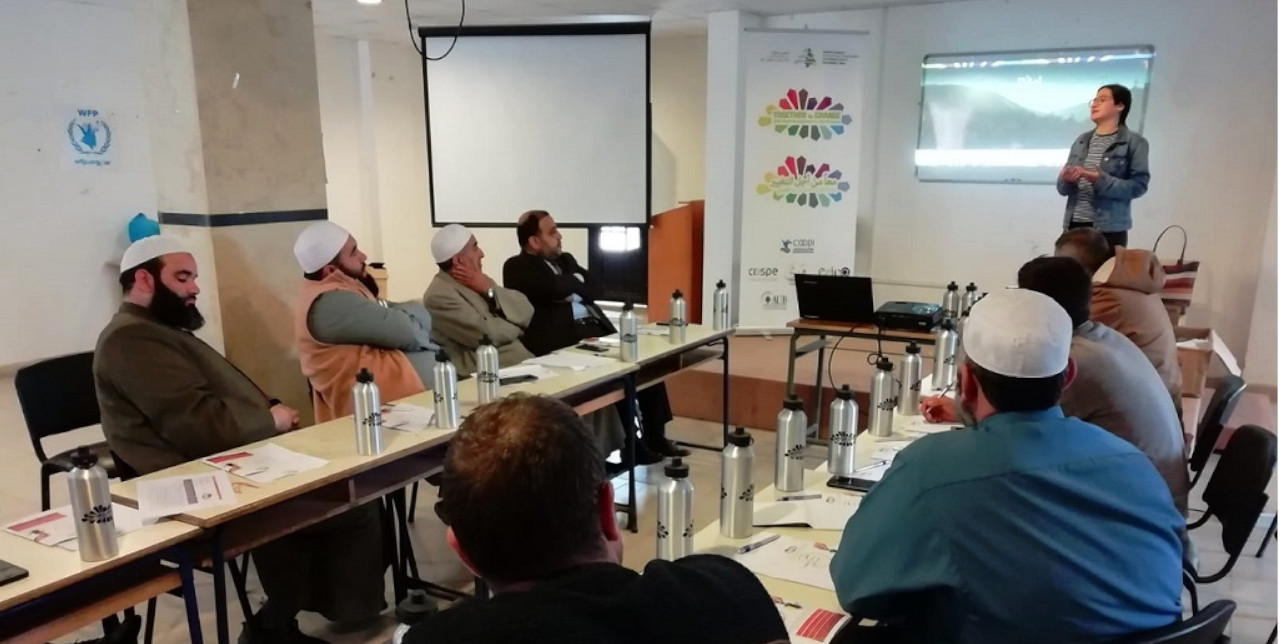16-03-2020 | di COOPI
Lebanon. Tight collaboration with municipalities to improve waste management
On the 27th of February 2020, COOPI office in Hrar – Lebanon – hosted the SWaM Akkar Workshop, an activity planned for the project “SWaM Akkar. Supporting Sustainable Solid Waste Management in Jurd al-Kaytee, Akkar”, financed by the European Union. The meeting aimed at defining a list of priorities among communities to plan future activities. 22 representatives from the Union of Municipalities, stakeholders and partners took part in the event.
The workshop was successful since it gave the chance to discuss waste management issues and to identify municipalities’ needs. Representatives were asked to fill in a questionnaire which focused its queries on possible future actions to implement in different contexts such as awareness-raising, street sweeping, user inclusivity, value chain, cost recovery, monitoring etc.
Results were the starting point for the debate. Participants identified awareness-raising actions as a priority. Campaigns on littering reduction and on dropping waste burning should be carried. Moreover, they see the reduction of plastic bags uses of 30% by 2035 as an objective to reach. Other priorities are dumpsite reclamations, the implementation of an efficient collection system and bins installation.
Finally, the correct implementation of laws and the collection of fees are also considered as important needs.

Workshop's session
Participants’ feedback will be taken into consideration for future activities. The event played an important role since a tight collaboration with municipalities is fundamental to the success of the project itself. Today solid waste management represents a challenge in the region of Jurd al-Kaytee, Akkar. Fnaydek and Michmich illegal dumpsites (located in the region) are considered as the most dangerous in all Lebanon. Accordingly ranked 11 and 16 among all dumpsites, they are polluting the area and the rivers.
COOPI’s intervention aims to develop and ameliorate waste management. Working on the reclamations of these two sites and starting and hydro-geological study are the next steps. This study aims to identify the quantity of waste (Ton) to be removed and provide a clear cost estimation for this environmental action. Moreover, future actions will include all priorities identified.




 Lebanon
Lebanon